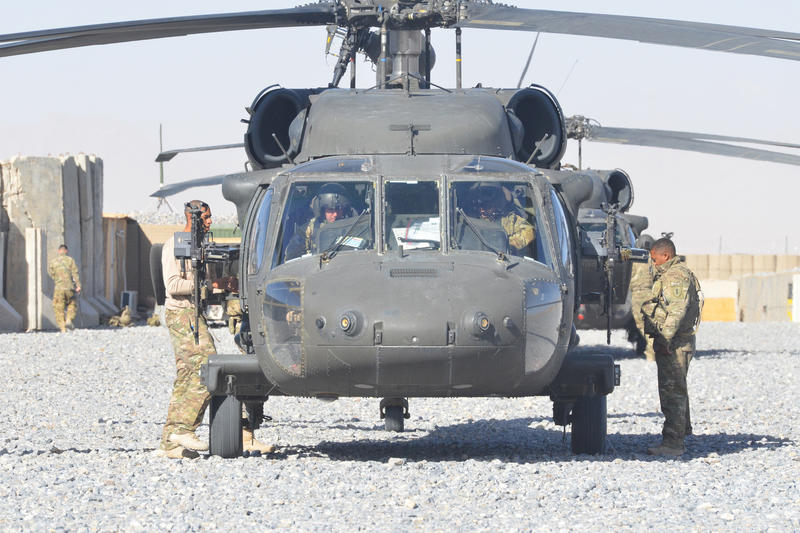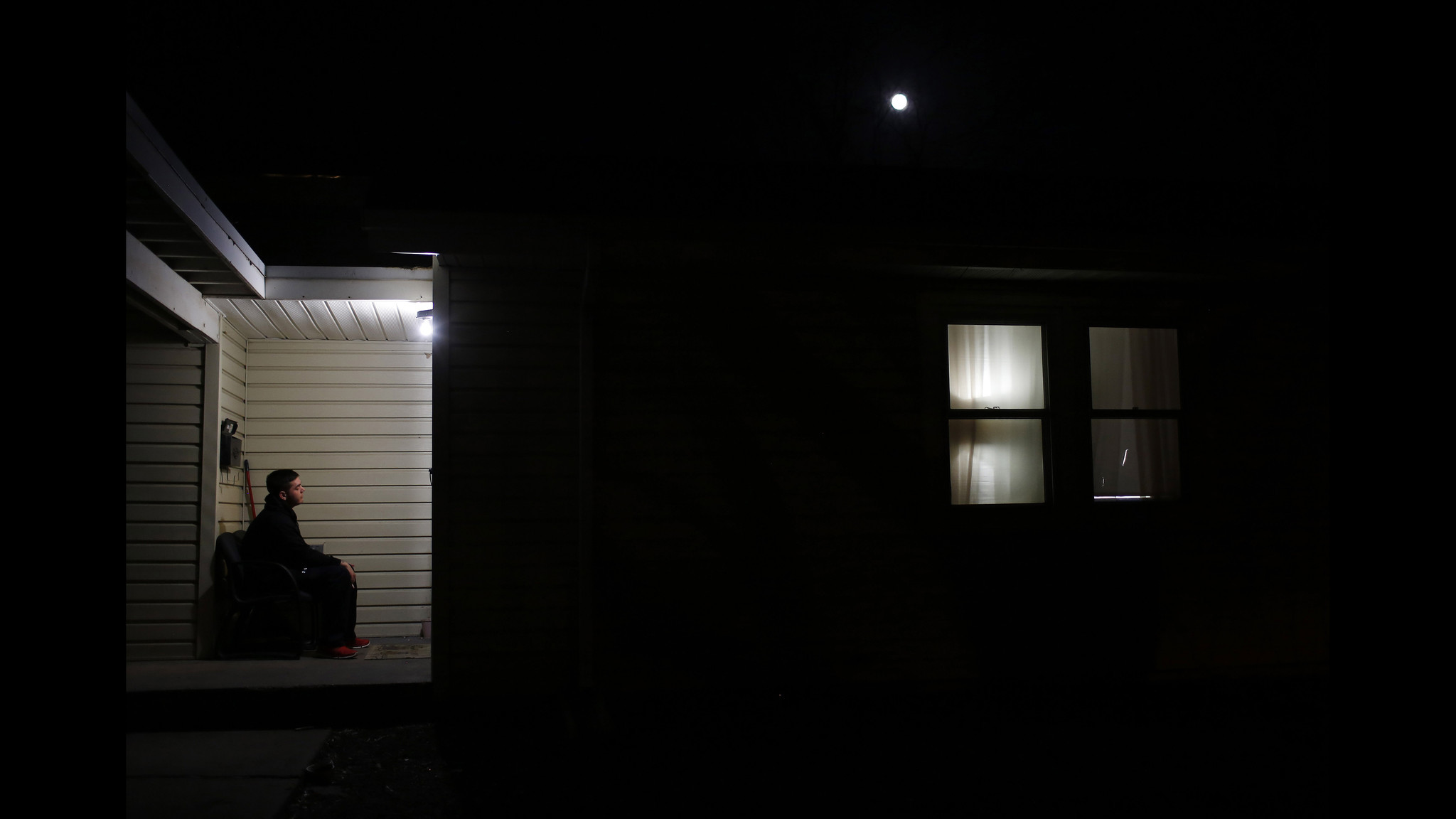‘The loneliest war’ strikes home
September 23, 2015

Readers had little to respond to when The Times first published the names of six soldiers killed in an attack on a Blackhawk helicopter in Afghanistan on Dec. 17, 2013. The Army, pending an investigation into the incident, withheld any details.
When I first read the news on the obituary page, I had to wonder: Could the deaths of six soldiers in one day be so easily overlooked? Was inattention the price of America’s longest war?
The answers came nearly two years later when The Times published my account of that helicopter attack and the aftermath for its sole survivor, Spc. Jayson Morton.
Readers reacted with gratitude and compassion, generosity and empathy. The Times would like to continue this conversation. Below are reactions to the story from emails I received and from comments posted to the story, and I would like to invite you to reply as well.

Morton’s experience of that day and the loss of his fellow soldiers is the account of a young man struggling to balance his commitment to the Army, to his wife, Whitley, and to his family. But he eventually paid a heavy price in the form of PTSD. As he told me, it was nothing like he imagined.
No flashbacks, no freak outs, none of the crazy stuff. Just loneliness.
PTSD is the lasting legacy of our recent wars. I hope you will join the discussion.
And if you are a civilian, how do you relate to a soldier’s experience of war?
One reader wanted to send the Mortons a gift card to buy them dinner.
It's a small token of love for their service. Long ago, I was a Marine just home from Vietnam at a restaurant with my wife and infant child when a couple bought us dinner. I never forgot and am just continuing a tradition.
D.S.
One reader offered a portrait session in her photography studio. Other readers let their words express their concern.
We don’t realize the sacrifices soldiers and their families go through until someone tells their story.
J.P.
Thank you for the insight into the life and minds of a family forever changed by loss, injury, pain and PTSD. There are so many people affected by the repercussions of war; your article helps to open our eyes and hearts to the victims.
S.T.
As the mother of a son with severe PTSD, [I see that] you described him and, I suggest, many other service members. PTSD robs a family of their loved one, and it robs the service member of a life they can maneuver in.
L.E.
[My husband and I] both wish that PTSD had been recognized during and after Vietnam and all previous wars. I had a childhood friend that was shot out of a Cobra gunship in 1966. It was the first funeral I ever attended. Another friend was a medic and was forever changed, as were a lot of our friends. Now that I have been doing mini-reunions for the past 10 years, I have seen far-ranging effects of the war, especially in the realm of Agent Orange. Forty to 50 years later and now my friends are still feeling the effects and are dying.
M.B.
You remind us of the terror and torment of war and its effect on those that represent us and their loved ones. During other times when the entire country’s population was fairly represented by a cross-section of Americans, we all felt involved and participated. Your beautiful words remind us again we need to never forget these extraordinary men and women. Times are indeed different now.
A.A.
It is impossible for those of us who have never experienced combat or lived the military life to truly understand what the soldiers go through, but your piece is so well written that it at least gives me a taste of some of the emotions that I would otherwise never experience.
B.B.
I am former military — field artillery. The only action I ever saw was as a safety officer at Ft. Sill back in the early 1960s. But anyone, military or not, should be well moved by your wonderful coverage of this tragic yet uplifting story.
M.C.
Whitley and I share a lot of the same experiences, although I cannot imagine the struggle she faced watching her husband rehabilitate, while I only had to make amends with the emotional aspects of my husband's homecoming. … Stories like yours keep their sacrifice alive, which in turn lessens the pain for their brothers who only want their sacrifice to have meaning. You gave Jayson and Whitley a very powerful voice, and I, for one, feel a little more peace knowing that they are healing together, as we all are trying to do.
S.S.
I wept reading about Army Spc. Jayson Morton and his family as he tries to make sense of what he went through in Afghanistan and put his life back together. My wife and I just watched the 25th anniversary showing of Ken Burns' "The Civil War," and I'm sure that made the story of this modern-day warrior all the more poignant.
Morton deserves to be taken care of financially for the rest of his life, and he and his wife should get the years of counseling they desperately need. Anything less would be a complete abandonment of a young man who was only trying to serve his country.
Have we learned nothing since the men of the blue and the gray were likewise warehoused after doing what they felt was the honorable thing to do? Where is the "new birth of freedom" Abraham Lincoln spoke so eloquently of at Gettysburg?
M.M.